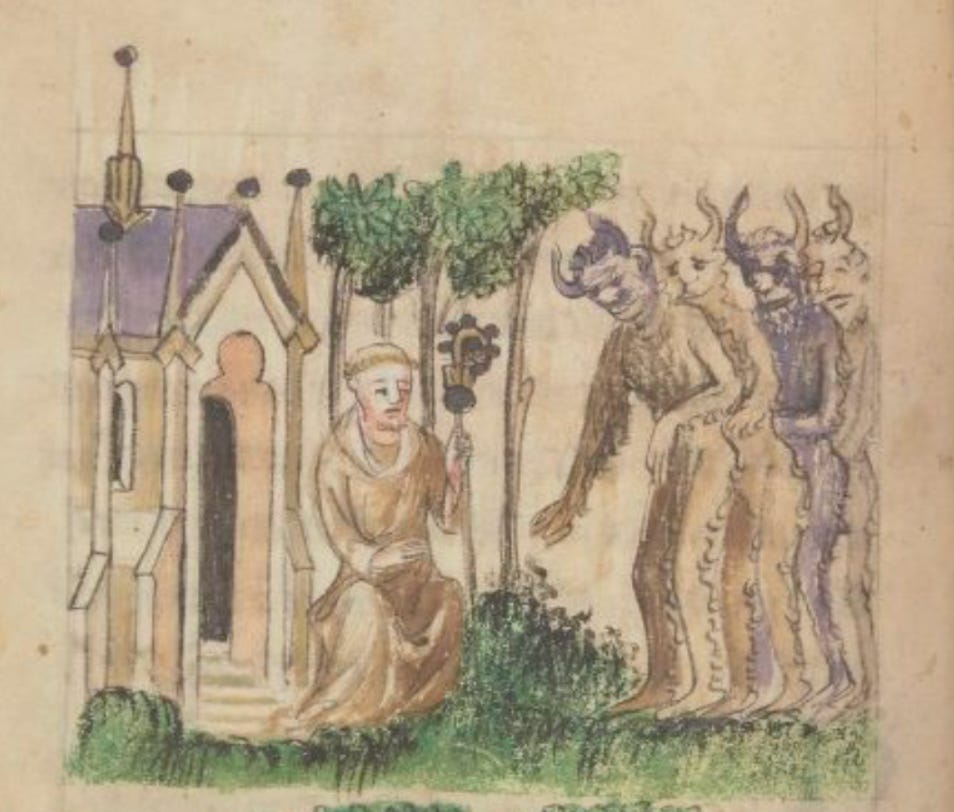A different kind of hero
The ancient world had only one type of hero, the secular hero, although nobody in the ancient Mediterranean referred to their heroes as secular. Before the advent of Christianity, there had been no separation, in theory or in practice, between the secular and the religious. In Homer, gods and heroes fought side by side, and sometimes against each other.…
Keep reading with a 7-day free trial
Subscribe to Biblonia to keep reading this post and get 7 days of free access to the full post archives.


